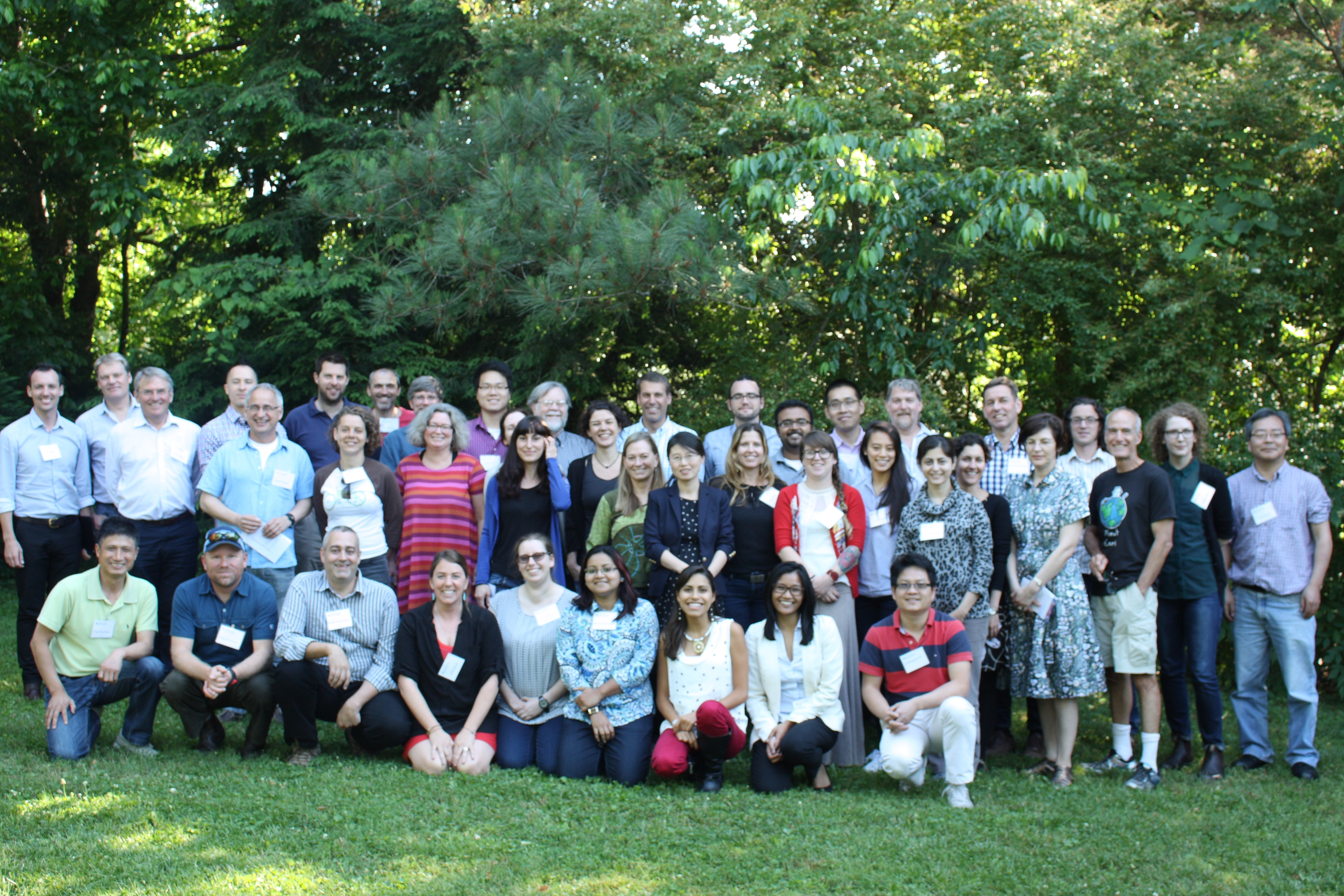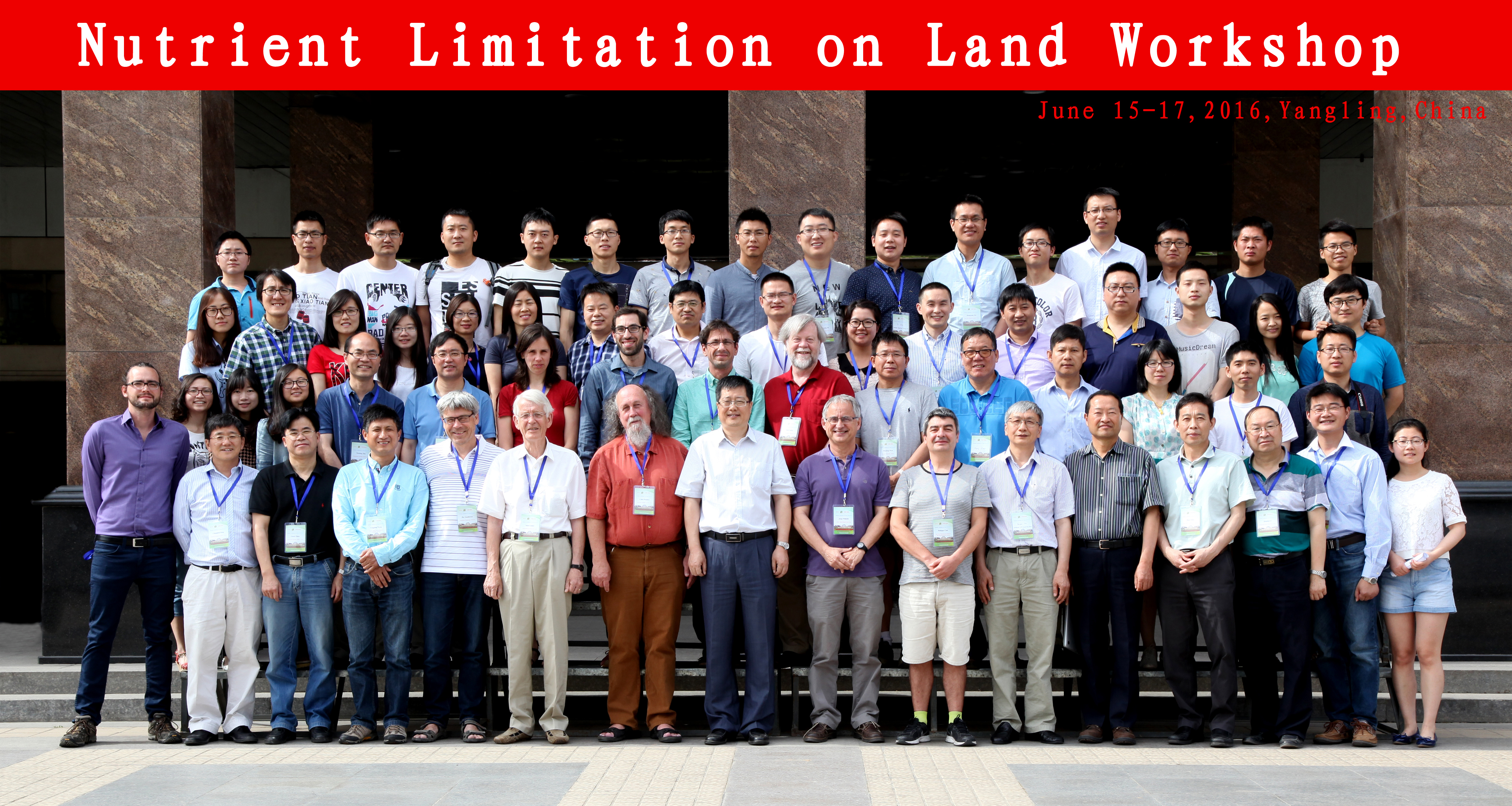Phosphorus Cycling in Terrestrial Ecosystems: Taking a new approach to advancing our fundamental understanding through a model-data connection
Townsend, Tennessee, USA (May 22-25, 2016)
Aim of the Workshop:
Phosphorus (P) has been shown to limit a number of fundamental processes in a wide range of ecosystems; however, despite its importance, most earth system models do not currently include any manner of the P cycle. This hinders the utility of these models for generating and testing hypotheses and for forecasting the effects of global change. Importantly, a critical challenge for P modeling efforts is also a critical challenge for the scientific community as a whole; namely, determining a way forward for improving our understanding of the key drivers, processes, and global change responses of the P cycle. Bringing together P experts would allow for the addressing of this need through: (1) a more synthetic understanding and conceptualization of P cycle dynamics, (2) the merging of varied P and associated data, (3) improved process-based modeling of the P cycle, and (4) P data-model integration. Another potential success stems from the power of explicit collaborations between empiricists who study P cycling and modelers considering the inclusion of P into models.
Imbalance-P participation:
During the forth session of the workshop, entitled: “Understanding P processes in the context of global change”, Prof. Josep Peñuelas, Prof. Ivan Janssens and Dr. Daniel Goll presented the some of the results of the ERC Imbalance-P project in the field of experimentation, data analysis and modelling.
The program of the workshop can be accessed here.





